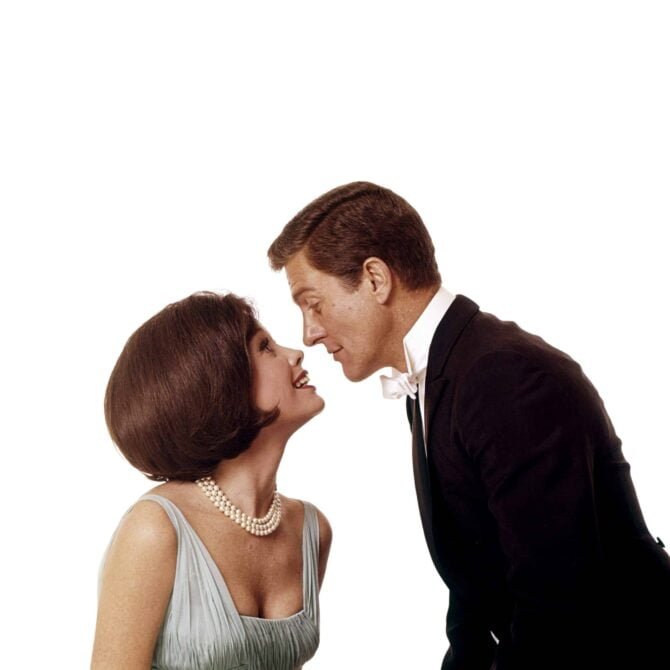1. The Dick Van Dyke Show
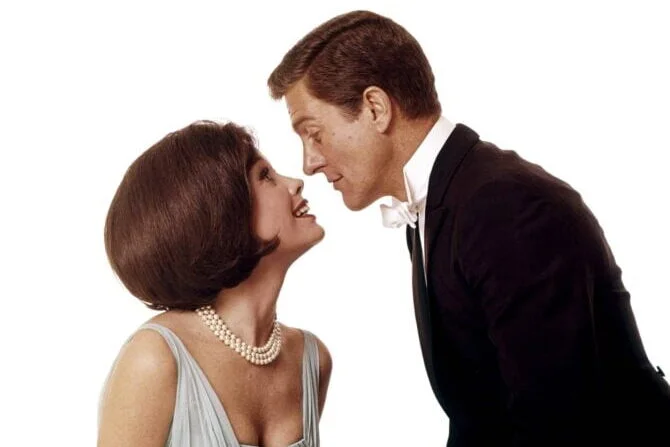
Rob and Laura Petrie’s living room may have looked like the picture of suburban normalcy, but the show itself was slyly turning sitcom formulas on their heads. With Carl Reiner’s sharp writing, it gave viewers not only a funny look at family life but also a peek behind the scenes of a TV writer’s room, something unheard of at the time. The series treated audiences like adults who could handle smart, self-referential humor, rather than relying on broad gags.
Mary Tyler Moore as Laura was especially groundbreaking. She wore capri pants, which shocked some viewers used to pearls-and-dresses TV wives, and she had a voice in the marriage that felt modern and real. Their marriage wasn’t played for nagging laughs but as a true partnership. That natural balance made the show feel fresh then, and it still resonates now.
2. Bewitched
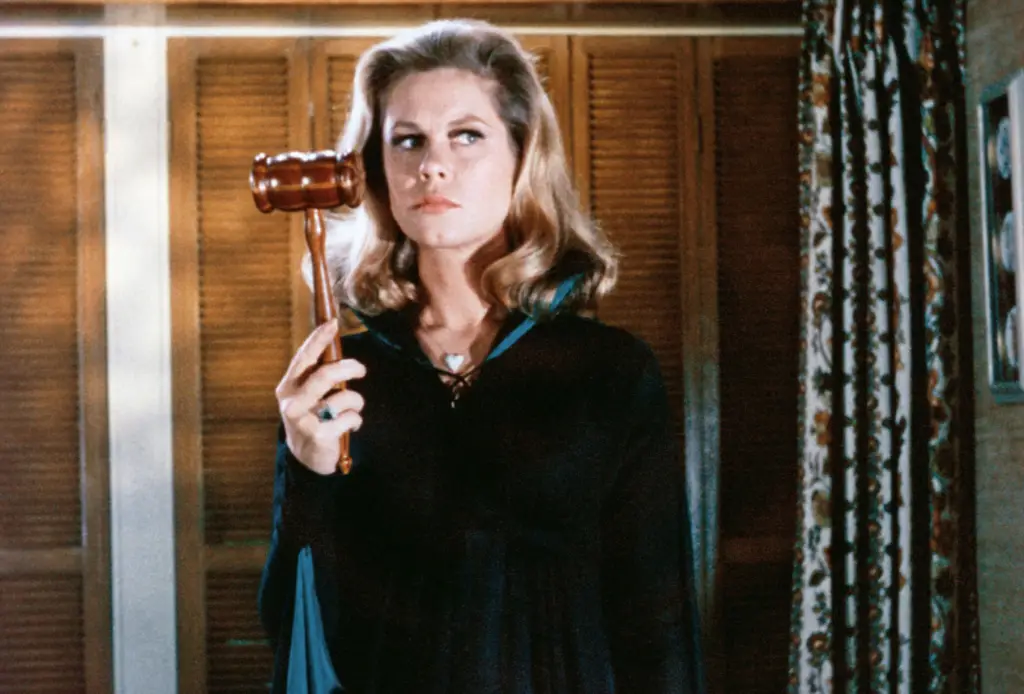
At first glance, it seemed like a typical domestic comedy—just with a little witchcraft sprinkled in. But Bewitched cleverly used magic to highlight everyday gender roles and cultural expectations. Samantha’s powers gave her more agency than most TV wives of the time, even though she promised her husband Darrin she’d live like a “normal” housewife.
This tension between power and tradition became the heart of the show. Samantha often had to balance being true to herself while keeping the peace in a world that wanted her to conform. The comedy might have been silly, but it was also a commentary on women’s independence in the 1960s. Today, that push-and-pull still feels familiar.
3. The Andy Griffith Show
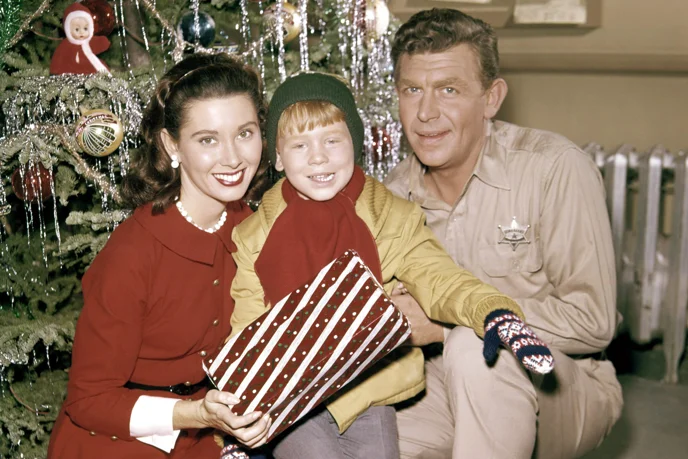
On the surface, Mayberry was simple, small-town America at its most wholesome. But beneath the charm, The Andy Griffith Show flipped the usual “father knows best” formula. Sheriff Andy Taylor wasn’t the bumbling fool or the stern disciplinarian—he was calm, compassionate, and always willing to listen.
This softer approach made fatherhood look different on TV. It wasn’t about punishment or perfection, but about patience and kindness. Andy’s relationship with Opie showed that guiding kids with respect worked just as well, if not better, than strict rules. That lesson is still just as valuable in parenting conversations today.
4. Get Smart
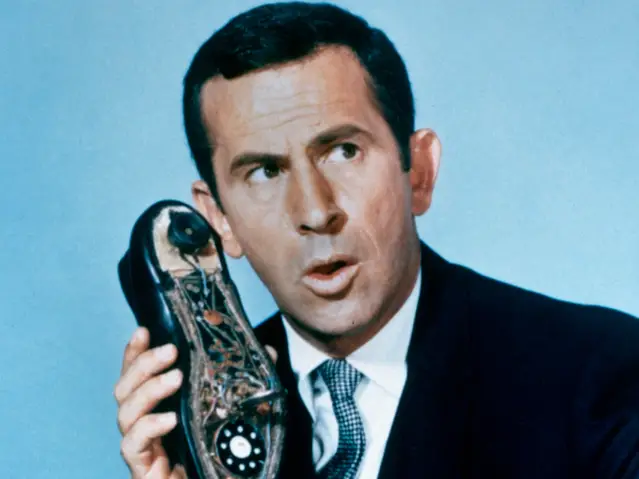
Before spy parodies became their own genre, Get Smart took James Bond and flipped him into slapstick. Maxwell Smart, Agent 86, was bumbling, clueless, and forever saved by Agent 99—something audiences didn’t see coming in 1965. The idea that the woman was the actually competent spy was quietly radical.
The show also played with Cold War fears in a way that made them funny rather than frightening. Its blend of satire and absurd gadgets (like the shoe phone) paved the way for comedies that weren’t afraid to poke fun at serious times. It’s still relevant because it reminds us that humor can defuse anxiety around world events.
5. I Dream of Jeannie
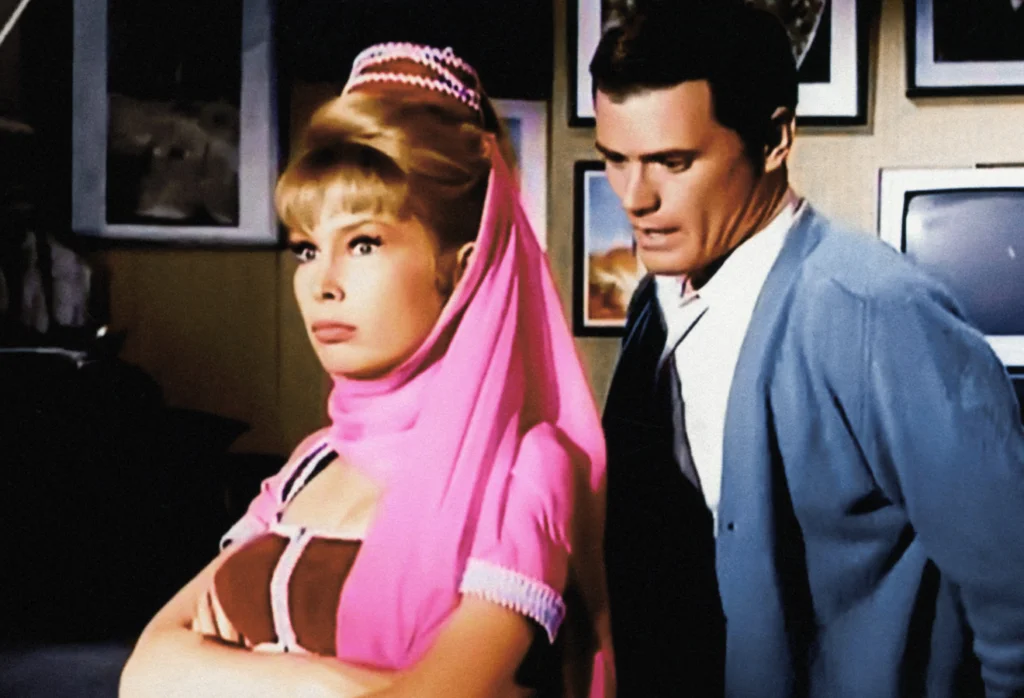
Like Bewitched, this sitcom combined fantasy with everyday suburban life, but it took a different spin. Jeannie was a genie who fell in love with astronaut Tony Nelson, and the show leaned heavily into the clash between her magical freedom and his desire for control.
Even though the show sometimes played into traditional male-female dynamics, Jeannie’s playfulness and independence pushed back against them. Her refusal to always follow orders made her feel like more than just a sidekick. Watching today, the comedy doubles as a reflection on shifting expectations in relationships.
6. The Beverly Hillbillies
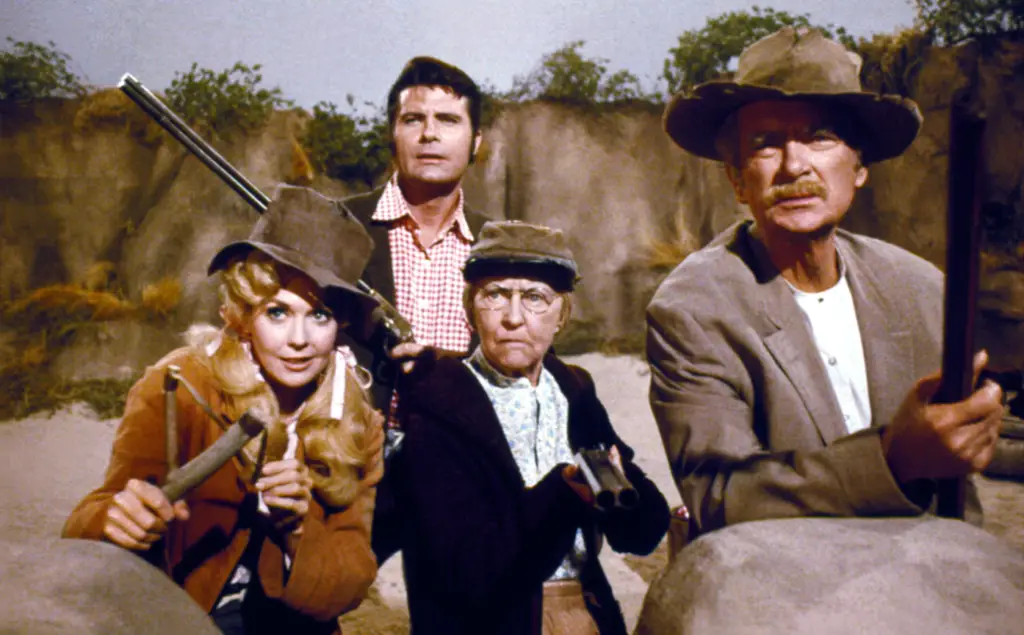
Critics dismissed it as “cornball,” but audiences loved it—and there was more going on than met the eye. The Clampetts struck oil and moved to Beverly Hills, flipping class commentary into a comedy of manners. Their country values often came out wiser than the polished city folks around them.
In a time when TV often glorified urban sophistication, this show argued that simplicity and common sense had value too. It was satire dressed up as slapstick, and it made people laugh while also poking fun at social snobbery. That reversal still feels sharp today.
7. Gilligan’s Island
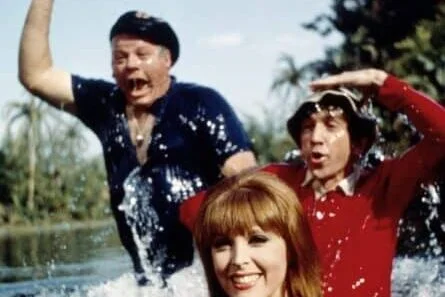
A shipwrecked sitcom might have sounded too silly to last, but Gilligan’s Island was doing something different. Each character represented a cultural stereotype—the millionaire, the movie star, the farm girl, the professor—and the comedy came from throwing them together.
What made it stand out was how it played with society in miniature. Stranded on an island, the castaways had to navigate leadership, survival, and clashing personalities. In its own lighthearted way, the show was a study in group dynamics that still feels oddly timeless.
8. The Addams Family
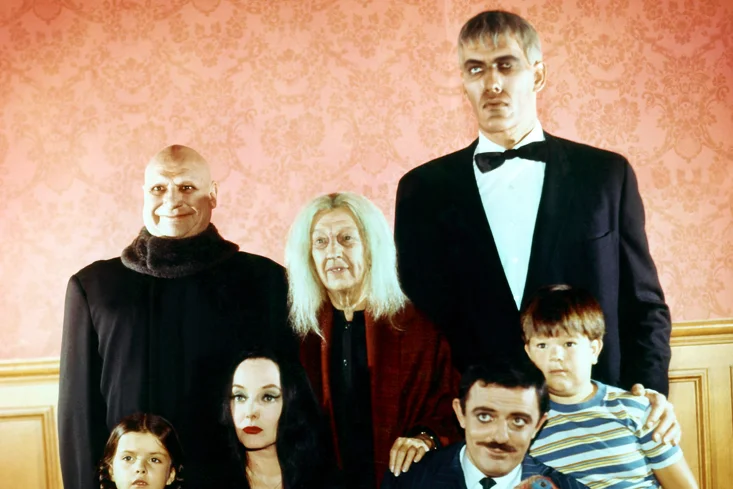
Unlike most sitcom families of the time, the Addamses embraced the macabre. They lived in a gothic mansion, celebrated the strange, and saw themselves as perfectly normal. That was the trick—the joke wasn’t on them, but on the outside world that judged them.
The show quietly preached acceptance. Morticia and Gomez were loving parents and partners, proving that unconventional didn’t mean dysfunctional. Their strong family bond and refusal to care what others thought made them feel ahead of their time—and surprisingly relatable even now.
9. Green Acres
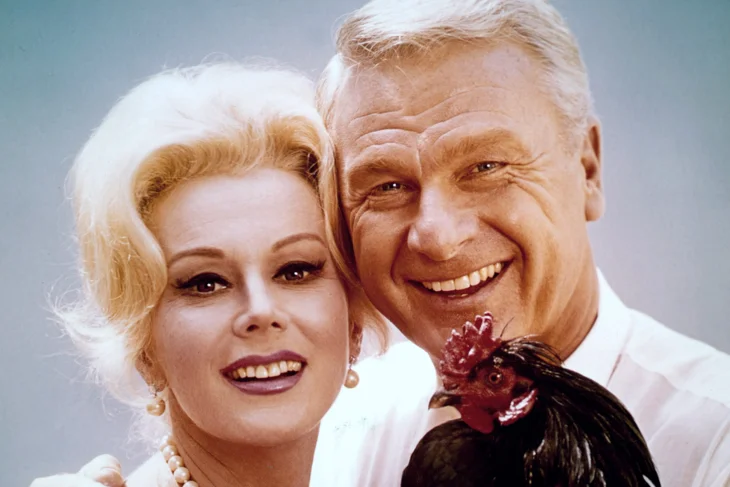
While The Beverly Hillbillies flipped country values onto city life, Green Acres did the reverse. A wealthy couple leaves New York City to run a farm, and suddenly the “sophisticated” husband is the out-of-touch one. His wife, played by Eva Gabor, became the real audience favorite with her dry wit.
The humor was surreal, sometimes breaking the fourth wall or leaning into absurdist gags. At a time when most sitcoms were straightforward, Green Acres played like a live-action cartoon. That experimentation gave it a quirky edge that still makes it feel modern.
10. Hogan’s Heroes
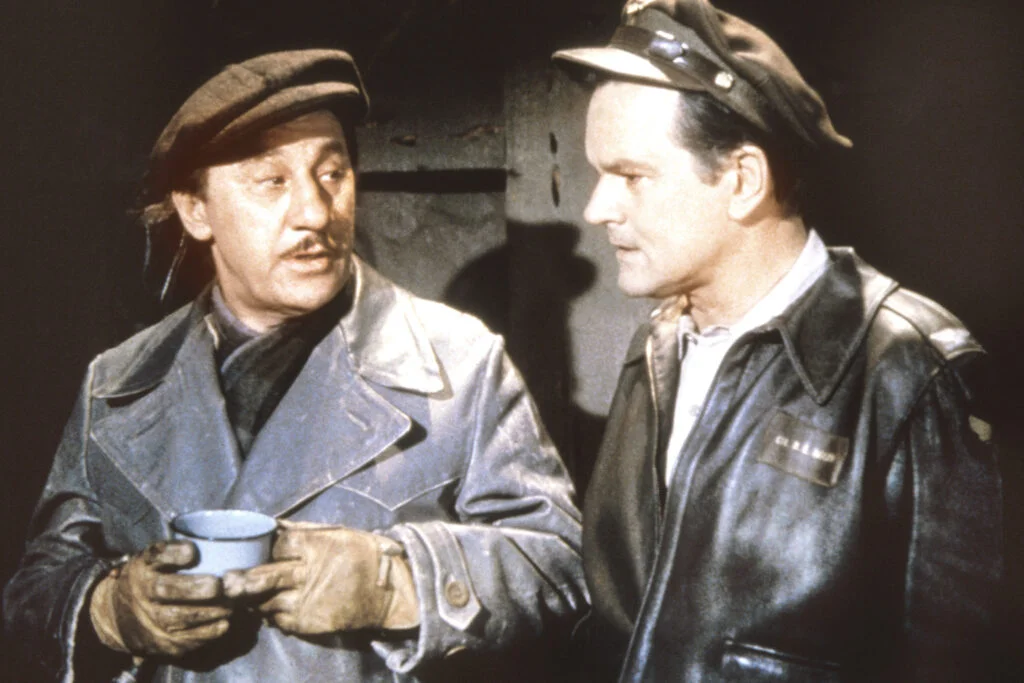
Setting a sitcom in a German POW camp during World War II seemed impossible, maybe even in bad taste. Yet Hogan’s Heroes managed to make it work by flipping the power dynamic. The prisoners were clever, resourceful, and always outsmarted the bumbling Nazis.
Instead of making light of the war, it gave audiences a safe way to laugh at the enemy. It also turned a grim setting into a space for resilience and clever resistance. That blend of humor and subversion was risky, but it left a lasting mark on TV comedy.
11. My Three Sons
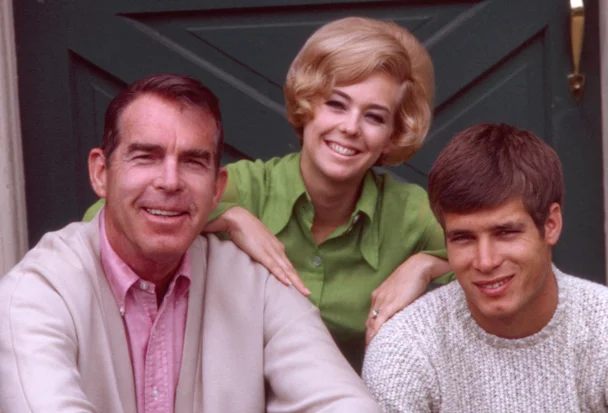
Plenty of sitcoms showed families, but few centered on a widowed father raising three boys. Steve Douglas, played by Fred MacMurray, broke the mold of the typical TV dad. Instead of the traditional nuclear family, the show highlighted alternative family structures.
It also showed that men could be nurturing parents, not just disciplinarians. With Uncle Charlie later stepping in to help, it became a portrait of family as something flexible, not rigid. That theme of different kinds of households still feels meaningful today.
12. The Monkees
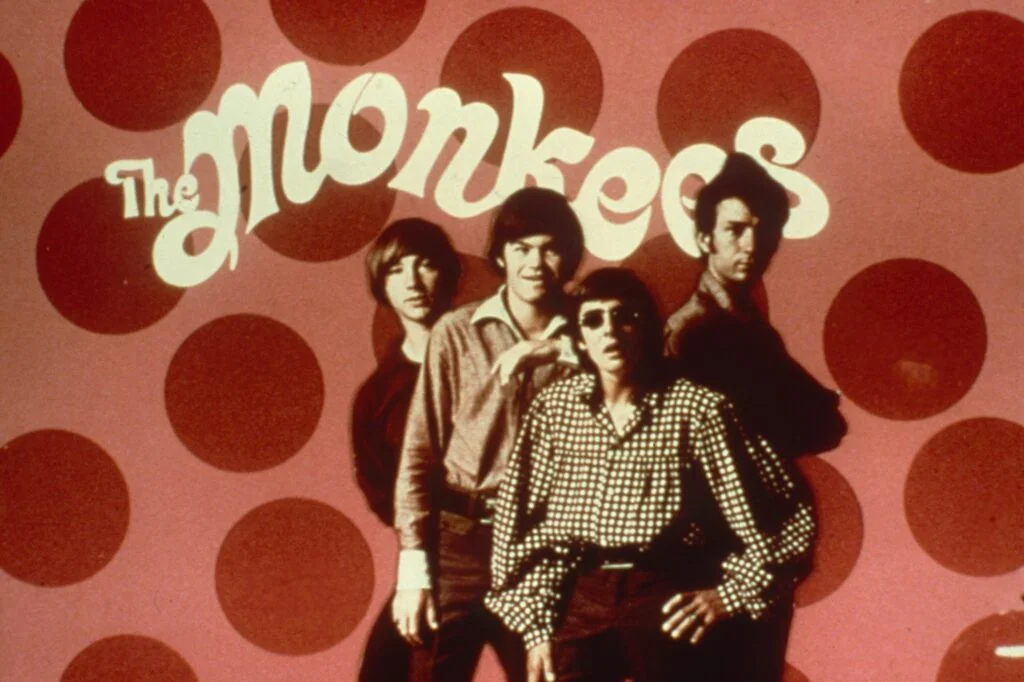
Designed as a TV show to cash in on Beatlemania, The Monkees could have been just a gimmick. Instead, it became a wildly inventive comedy that broke the rules of sitcom storytelling. Fast cuts, surreal sequences, and music videos long before MTV made it feel fresh and different.
The show blurred the line between scripted comedy and music promotion. Even though the band was manufactured, the humor was sharp and self-aware, often poking fun at the whole setup. Its playful style influenced later shows and still feels surprisingly modern.
13. Julia
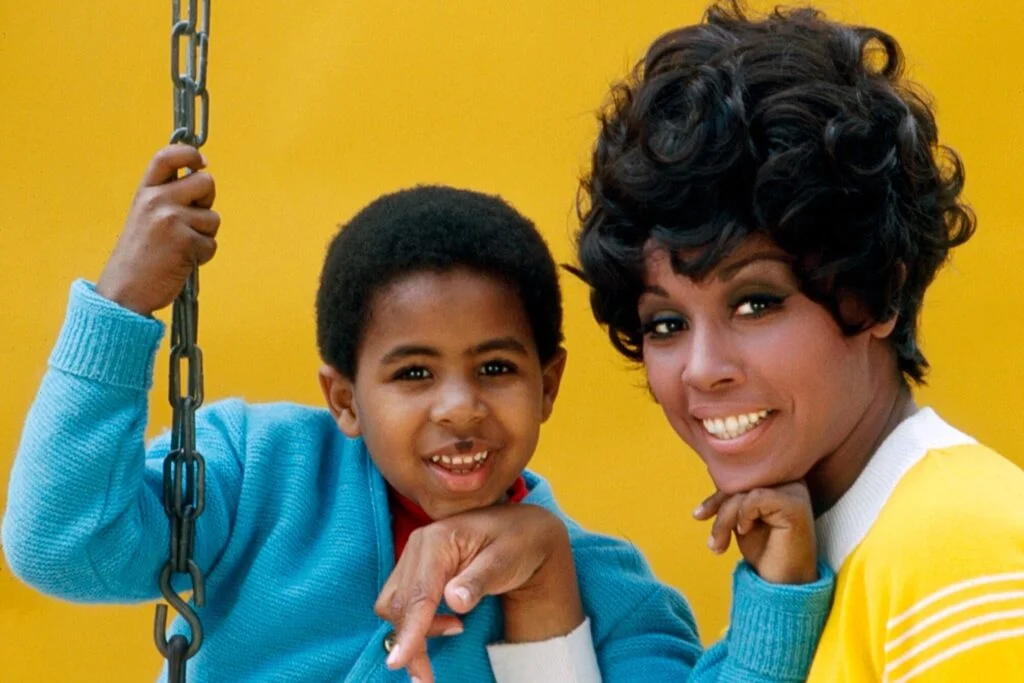
When Julia premiered in 1968, it was groundbreaking. Diahann Carroll starred as Julia Baker, a widowed nurse raising her son, making it one of the first sitcoms to feature an African American woman in a non-stereotypical role.
Carroll’s performance gave audiences a multidimensional Black character at a time when TV too often leaned on caricature. The show tackled everyday struggles without ignoring larger realities, making Julia both relatable and aspirational. Its impact is still felt in the way sitcoms cast and write characters today.

